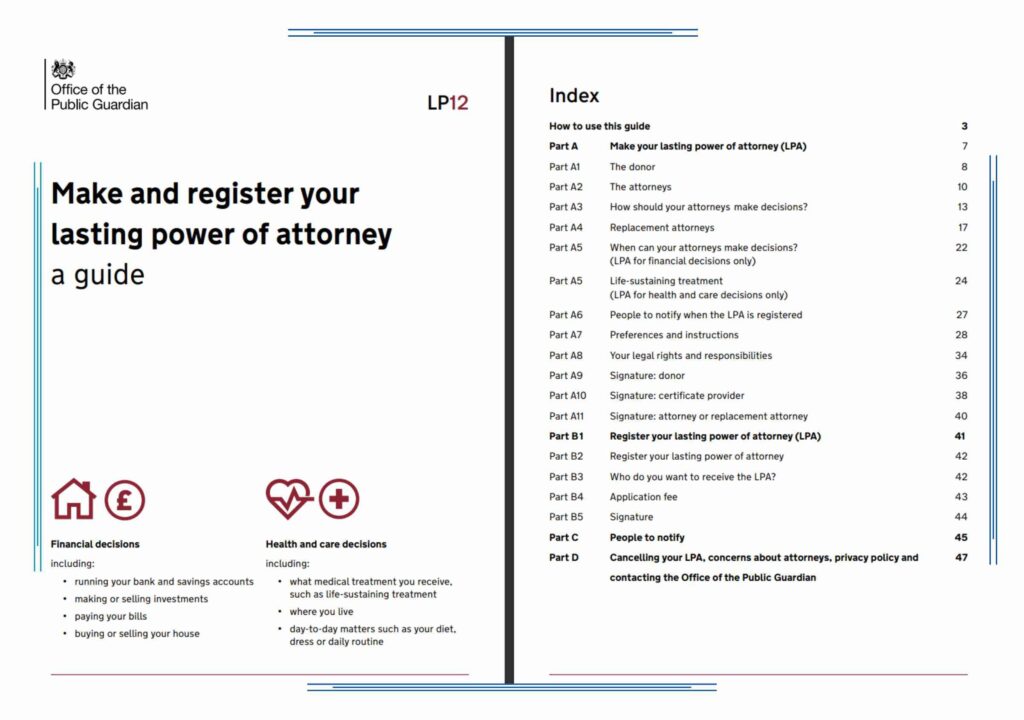“I Have Power of Attorney Now What” marks a significant transition in one’s legal responsibilities and capabilities. A Power of Attorney (POA) is a legal document that grants an individual, known as the agent or attorney-in-fact, the authority to act on behalf of another person, referred to as the principal. This authority can cover various areas such as financial decisions, property management, healthcare choices, and legal matters.
Understanding the rights and responsibilities that come with a Power of Attorney is paramount. The agent must comprehend the scope of their authority, the limitations imposed by the document, and the fiduciary duty to act in the principal’s best interests at all times. This fiduciary duty means that the agent must make decisions that align with what the principal would want, considering their preferences, values, and well-being.
Moreover, the agent must be aware of any specific instructions, preferences, or restrictions outlined in the Power of Attorney document. These instructions guide the agent’s actions and help ensure that they carry out the principal’s wishes accurately.
The importance of understanding these rights and responsibilities cannot be overstated. It not only protects the principal’s interests but also shields the agent from potential legal complications. Being well-informed allows the agent to navigate their role confidently, make informed decisions, and handle any challenges that may arise effectively.
I Have Power of Attorney Now What? UK
Healthcare Decisions

Hello, I’m Inna Evdokimova, an IP Lawyer and Patent Attorney based in the United Kingdom. With a passion for intellectual property law, I specialize in providing expert guidance and legal representation to clients navigating the complexities of patent law in the UK.
With years of experience in the field, I’ve cultivated a deep understanding of the intricacies of intellectual property rights, empowering individuals and businesses alike to protect their innovations and creations effectively.
Through my website, powerofattorneyuk.uk, I aim to serve as a valuable resource for those seeking clarity and assistance in matters of patent law and intellectual property rights. Whether you’re looking to secure a patent for your invention or require guidance on IP-related legal issues, my mission is to provide you with personalized, reliable solutions tailored to your unique needs.
I’m dedicated to helping my clients safeguard their intellectual property assets and navigate the legal landscape with confidence. With a commitment to excellence and client satisfaction, I strive to deliver results-driven strategies and advocacy that exceed expectations.
I look forward to the opportunity to assist you on your intellectual property journey and help you unlock the full potential of your innovations.
